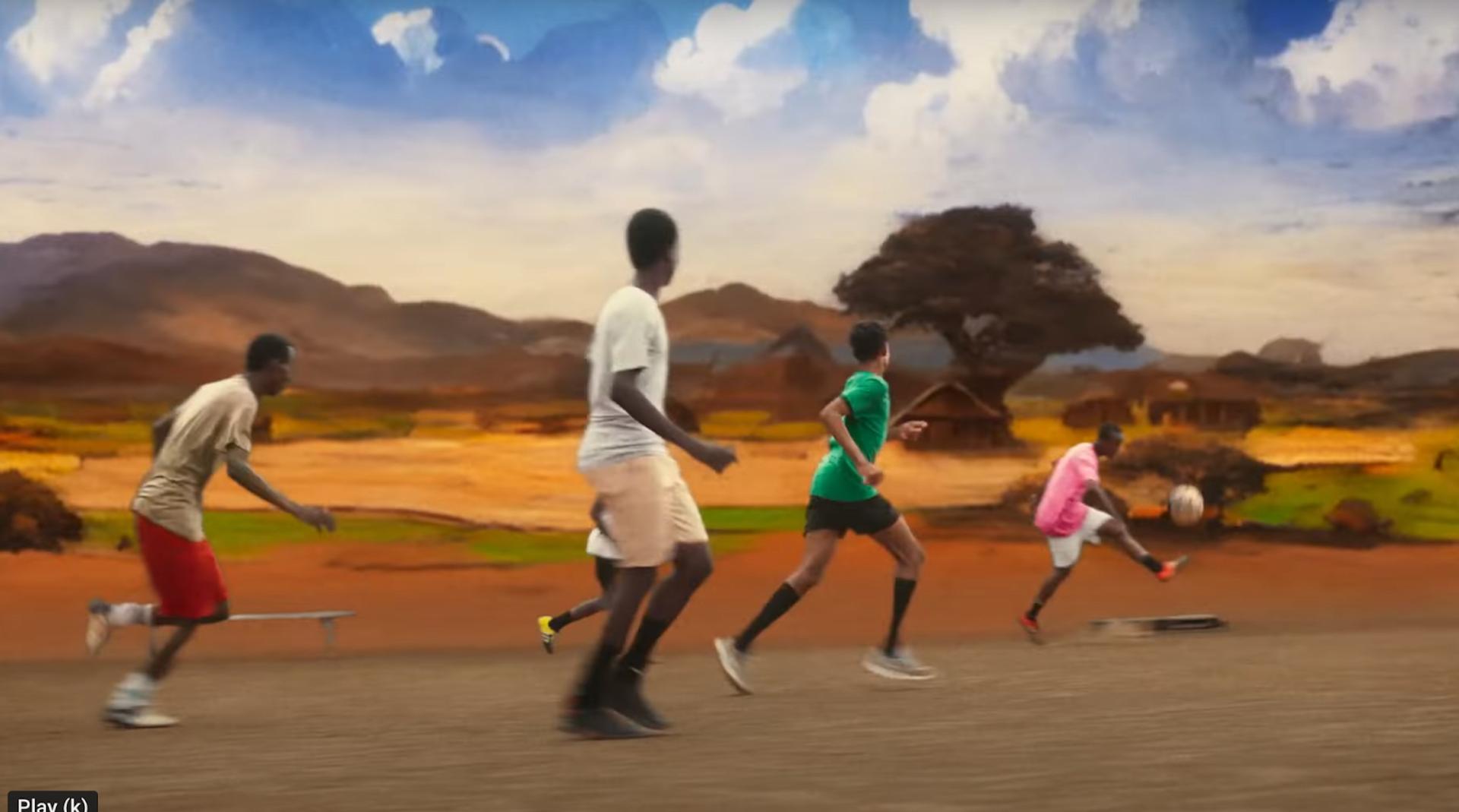The News
NAIROBI — African companies from Nairobi to Lagos are in a race to use artificial intelligence to cut their marketing and advertising budgets ahead of a difficult 2024 due to economic difficulties, fueling panic over potential job losses.
Businesses are increasingly using AI-generated images, models and voices for their advertising campaigns across TV and digital platforms, lowering their advertising budgets. Ad spending in sub-Saharan Africa fell by 11.6% in 2023, according to the World Advertising Research Centre (WARC), though a slight rebound this year is expected to be driven by a 6.1% increase in South Africa.
Safaricom, East Africa’s leading telecommunications company and Kenya’s biggest advertiser, unveiled what it claimed to be Africa’s first AI-generated TV ad in August, and has since rolled out other AI-driven campaigns on different platforms.
Other Kenyan companies that have rolled out AI in ads include private school group Pioneer, which ran AI-generated TV ads, publisher Kartasi Group, which uses AI-generated images on the cover of its exercise books, and popular bread brand Supa Loaf which uses AI-generated images on its billboards. In Nigeria, Coca Cola collaborated with local influencers in an AI-powered campaign over the Christmas period.
The surge in AI-use, propelled by the popularity of generative AI over the last year, has coincided with a downturn in many of Africa’s biggest economies. In Nigeria and Kenya, businesses are grappling with depressed earnings due to difficult macroeconomic conditions including weakening local currencies and high inflation.
“Marketing budgets are shrinking globally,” said Chukwuduzie Ikwuegbu, creative director at DDB Lagos, an advertising agency in Nigeria’s commercial capital, who pointed to local problems that add to that challenge. “Notable multinationals are leaving Nigeria due to the volatile foreign exchange environment, causing most agencies to become more proactive with client budgets,” he told Semafor Africa.
In this article:
Martin’s view
As generative AI platforms such as ChatGPT and Midjourney become more mainstream, companies ranging from large corporations to small businesses will inevitably find ways to leverage the technologies to lower costs and make their processes more efficient.
In Kenya, keeping costs low is especially important for businesses due to the prevailing difficult economic conditions. Nine companies listed on the Nairobi Securities Exchange (NSE) issued profit warnings last year, with most of them blaming tough economic conditions for their depressed earnings. The shilling fell by 21.3% against the dollar in 2023 and that high cost of living hit Kenyans’ spending power.
Perhaps that’s partly why the use of AI in advertising has “taken root” in Kenya, as David Karega, head of East and Southern Africa at Woodrow Communications, told me. “The flow of work and opportunities that would previously go to models, photographers and production companies is changing,” he said. “The immediate impact has been creatives scrambling to understand and apply AI in their work.”
Anthony Irari, a Nairobi-based marketing consultant, said the chance to save money and time by reducing human input was “a simple business decision” for Kenyan companies of all sizes.
“A shoot that would take weeks to plan and execute, you can use AI and have the billboard printed by the end of the day,” he said.
African countries aren’t working together to impose restrictions on the uses of AI, unlike governments elsewhere in the world. And industry insiders lack the strong trade unions that enabled members of the U.S. film and TV industry to secure a deal limiting the use of AI.
Many professionals in Kenya’s creative industries are justifiably worried about the long term impact of AI, particularly as corporate contracts are among the most important income streams for the likes of designers, models, photographers, copy writers and more. Irari predicted that many small ad agencies ‘would die’ as businesses moved their creative work in-house, supported by AI, and focused more on brand storytelling and partnerships with content creators.
“To survive, many people will have to add value in whatever they do to stand out, including by using AI, or pick up new skills,” photographer Brian Saina told Semafor Africa. “The companies can’t drop what is, for them, a cheaper option.”
Room for Disagreement
“We’re not really seeing that here yet. AI is still very new so businesses are cautious,” said Xolisa Dyeshana, Chief Creative Officer and Partner at Joe Public United in Johannesburg, South Africa.
He acknowledged the broader sluggish macroeconomic outlook in South Africa was a bigger challenge. The World Bank this week said Africa’s most industrialized economy would only grow by 1.3% as it struggles with infrastructure problems in its energy and transport sectors.
The View From Lagos
Lagos-based PR consultant Edward Israel-Ayide told Semafor Africa some of the AI-powered ad campaigns in Nigeria had been “engaging and innovative” but argued that AI often lacks “context and cultural nuance” — a gap that professionals could fill.
“It can’t replace humans as there will always be room for a human element to translate marketing assets accurately in a culturally relevant way,” he said.
— Additional reporting by Alexander Onukwue in Lagos
